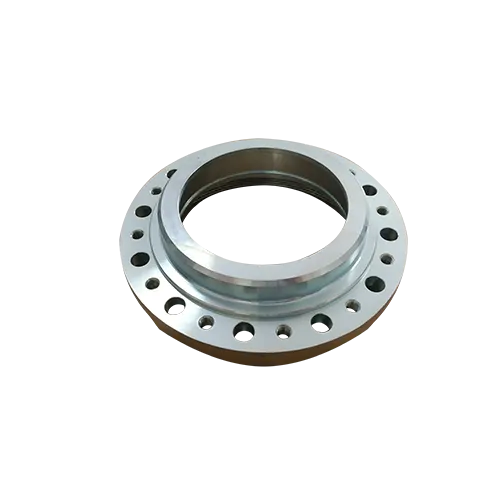Mobile:+86-311-808-126-83
Email:info@ydcastings.com
Spanish
cast iron soil pipe connector
Understanding Cast Iron Soil Pipe Connectors
Cast iron soil pipe connectors are essential components in modern plumbing systems. Specifically designed to connect sections of cast iron soil pipes, these connectors play a crucial role in ensuring the effective transportation of wastewater and sewage from residential and commercial buildings to municipal systems. Their resilience and durability make them a preferred choice in both new constructions and renovations.
One of the primary advantages of cast iron soil pipe connectors is their strength. Cast iron is known for its ability to withstand high levels of stress and pressure, making it an ideal material for withstanding the harsh conditions often found in sewage systems. In addition to their strength, cast iron connectors have excellent noise-dampening properties, which can reduce the sounds associated with the flow of wastewater, contributing to a quieter environment inside buildings.
Installation of cast iron soil pipe connectors can be straightforward when proper techniques are employed. Typically, these connectors feature a hub and spigot design, where the spigot end of one pipe fits into the hub of another. This design allows for a secure connection that minimizes the risk of leaks. Additionally, various types of jointing methods such as lead and oakum joints or mechanical couplings can be utilized, depending on the plumbing requirements and local codes.
cast iron soil pipe connector

Moreover, cast iron soil pipe connectors are resistant to corrosion and fire, which adds to their longevity and reliability. Unlike plastic alternatives that may degrade over time due to exposure to sunlight or chemicals in wastewater, cast iron maintains its structural integrity under various conditions. This longevity often translates to lower maintenance costs and fewer replacements in the long run.
Despite the advantages, working with cast iron pipe connectors requires careful handling. The heavy weight of cast iron can pose challenges during transportation and installation. Proper tools and techniques, such as using a pipe cutter or a pipe wrench, are essential in ensuring a safe and efficient installation process. Additionally, it is critical to follow local plumbing codes and regulations to guarantee that the installation meets all necessary safety and performance standards.
In conclusion, cast iron soil pipe connectors offer a robust solution for plumbing systems, combining strength, durability, and effective noise control. Their longevity and resistance to harsh conditions make them a reliable choice for both residential and commercial uses. When properly installed and maintained, these connectors ensure a seamless and efficient waste management system, proving them to be a vital component in the construction and plumbing industry. As building demands continue to evolve, cast iron soil pipe connectors will remain a cornerstone of effective waste management systems.











